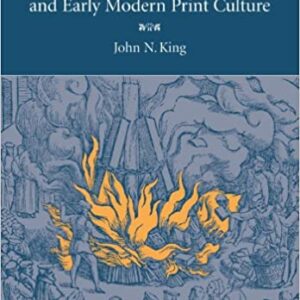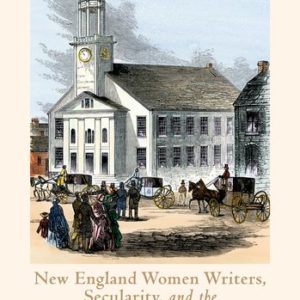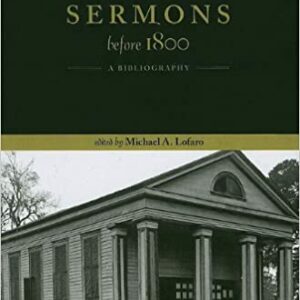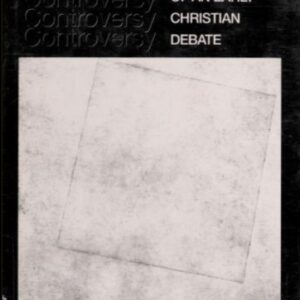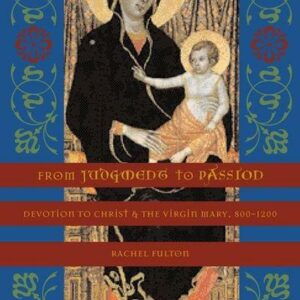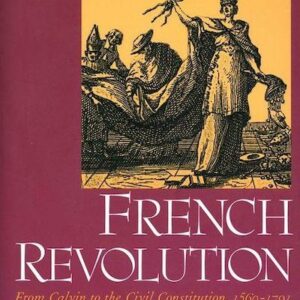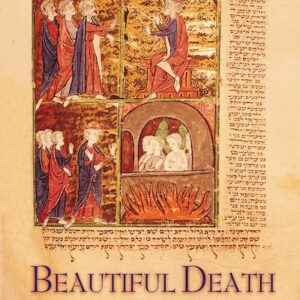
Beautiful Death: Jewish Poetry and Martyrdom in Medieval France
By Susan L. Einbinder (NHC Fellow, 1999–00) When Crusader armies on their way to the Holy Land attacked Jewish communities in the Rhine Valley, many Jews chose suicide over death at the hands of Christian mobs. With their defiant deaths, the medieval Jewish martyr was born. With the literary commemoration of the victims, Jewish martyrology … Continued
